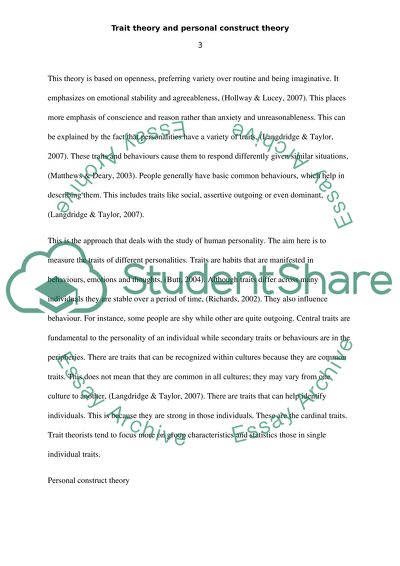Cite this document
(“Compare and contrast the contributions of trait theory and personal Essay”, n.d.)
Retrieved from https://studentshare.org/psychology/1457345-compare-and-contrast-the-contributions-of-trait
Retrieved from https://studentshare.org/psychology/1457345-compare-and-contrast-the-contributions-of-trait
(Compare and Contrast the Contributions of Trait Theory and Personal Essay)
https://studentshare.org/psychology/1457345-compare-and-contrast-the-contributions-of-trait.
https://studentshare.org/psychology/1457345-compare-and-contrast-the-contributions-of-trait.
“Compare and Contrast the Contributions of Trait Theory and Personal Essay”, n.d. https://studentshare.org/psychology/1457345-compare-and-contrast-the-contributions-of-trait.


